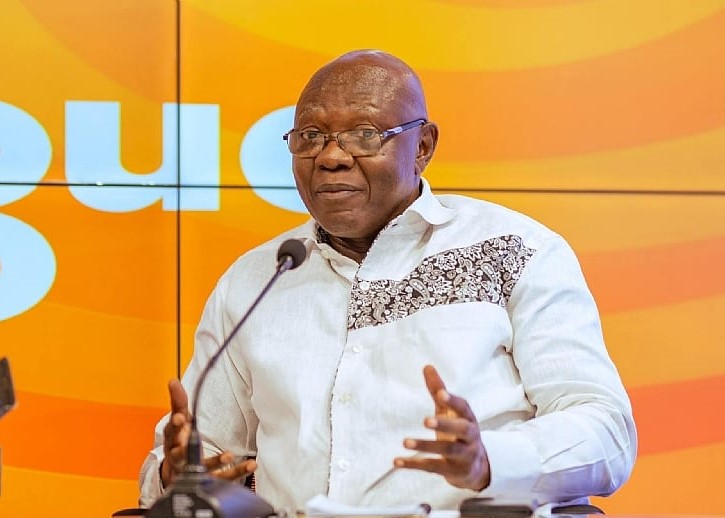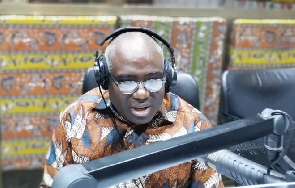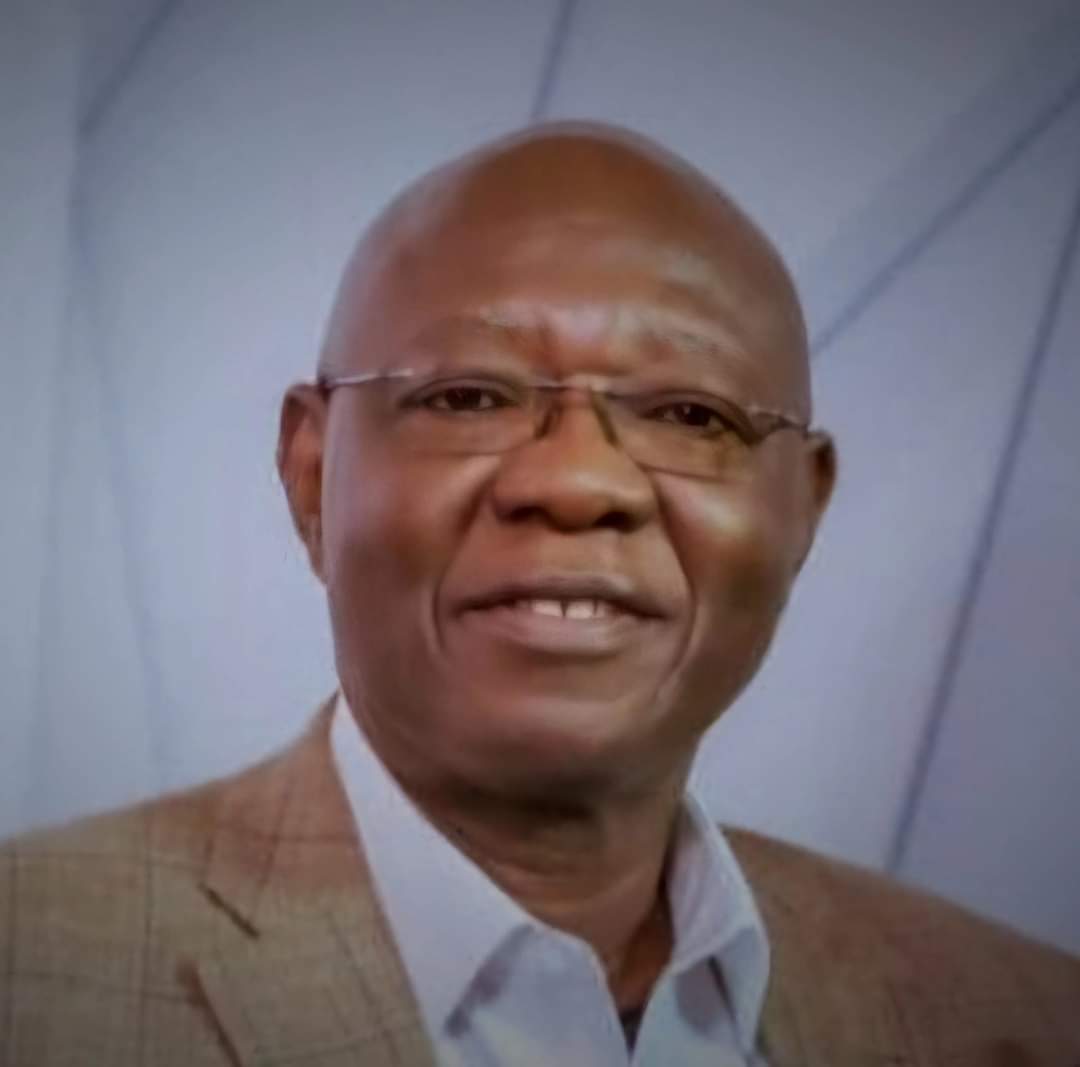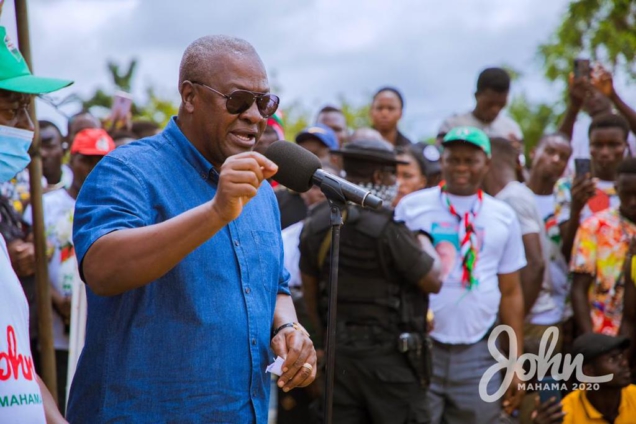Former Member of Parliament for Amenfi East and Board Chairman of the Ghana Investment Promotion Centre (GIPC), Dr. Akwasi Oppong-Fosu, has cautioned that Ghana is witnessing a dangerous rise in what he terms a “transactional culture,” a trend he says is corroding national values, weakening accountability, and entrenching corruption.
Addressing the handing-over ceremony of the Volta Region Students Association of Ghana (VORSAG) at the Ghana Communication Technology University (GCTU) on Wednesday, November 26, Dr. Oppong-Fosu said Ghana is increasingly becoming a society where personal gain overrides national interest, and where political leaders prioritize short-term advantage over long-term development.
“We are becoming a society where the pursuit of power is valued more than service, where opportunism is celebrated, and integrity is punished,” he stated.
He argued that this shift has transformed leadership into a marketplace transaction rather than a call to service.
“Leadership positions are negotiated in the marketplace. Influence is negotiated, loyalty is traded, and political success is increasingly determined by money rather than merit,” he noted.
According to Dr. Oppong-Fosu, the effects of this culture are evident in the monetisation of politics, declining accountability, and the increasing normalization of corruption.
He observed that the public has become desensitized to large-scale financial mismanagement.
“You are no longer surprised when you hear millions of dollars have been looted or squandered. Recently, an issue came up involving about $10 million, and someone asked, ‘Is that all?’ because we are now accustomed to hearing amounts running into billions of cedis,” he said.
He lamented that funds meant for infrastructure, job creation and national development are instead diverted into private pockets due to the transactional nature of Ghana’s political system.
Dr. Oppong-Fosu urged students and the youth to resist the normalization of corruption and to champion integrity, meritocracy and service-oriented leadership as the foundation for Ghana’s progress.
Source: Myxyzonline.com





